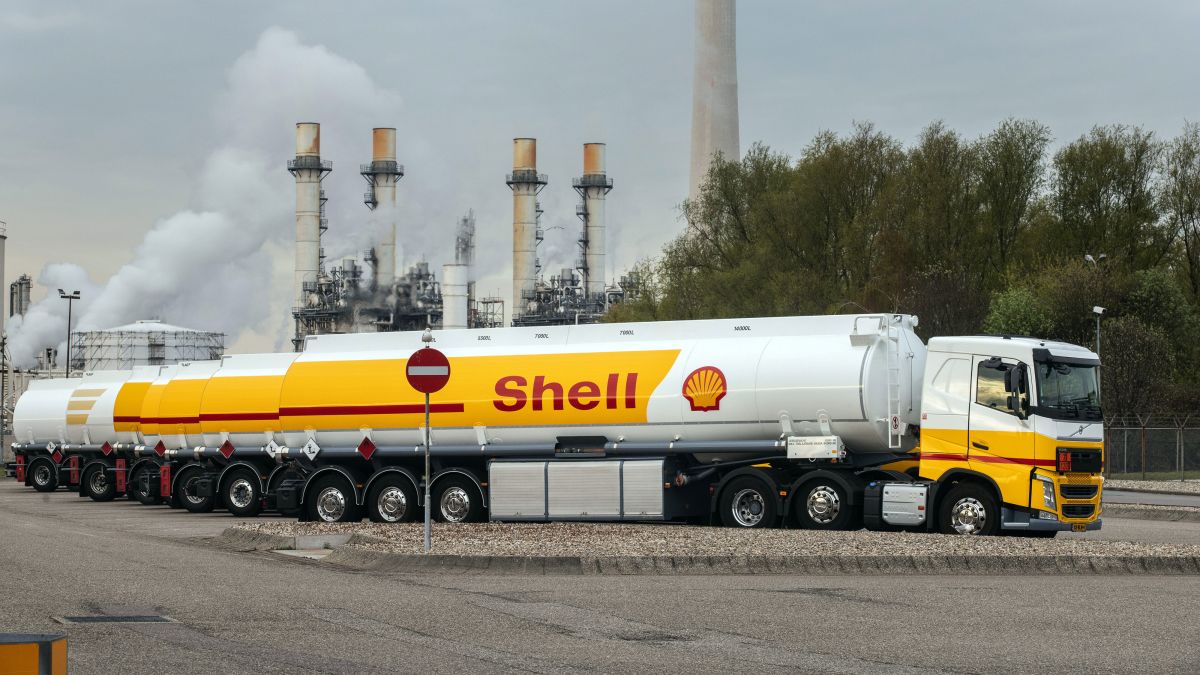
COP26, the United Nations Climate Change Conference now taking place in Glasgow, is primarily a gathering of governments. The idea is that political leaders from around the world can come together to make commitments that will address one of the most pressing problems confronting the human race.
The ability of nations to make substantial progress is, however, increasingly in question. European countries are reported to be worried that measures resulting in higher energy prices could prompt a populist backlash like the Yellow Vest movement in France. The ability of the U.S. Congress to enact significant climate legislation remains uncertain.
Moreover, the parties which are most responsible for the climate crisis are not governments or the people they represent, but rather the giant corporations whose operations and products account for a large portion of greenhouse gas emissions. Perhaps we should spend more time talking about the Culpable 26, or whatever number of major polluters we deem to be most worthy of castigation.
Identifying the worst climate culprits is complicated by the fact that many of them are claiming to be part of the solution rather than the problem. They tout their efforts to reduce emissions and many even claim to be moving toward net-zero.
There are several problems with these claims. The first is the “net” part. Many companies will end up focusing more on carbon offsets than reducing their emissions substantially.
The second is that the target dates they are setting are well into the future. The Net Zero Tracker lists about 575 large publicly traded corporations as having commitments to net zero or related goals. Of those, more than half set their target date at 2050 or later. They are giving themselves three decades to respond substantively to what amounts to a global emergency.
The third problem is that progress toward these goals will likely be measured by the corporations themselves. Self-reporting is pervasive in the world of corporate social responsibility and ESG, putting into question the entire enterprise.
After all, many of the companies vowing to meet climate goals have abysmal track records when it comes to regulatory compliance. Take the example of Royal Dutch Shell, the largest industrial company with a net zero commitment (by 2050).
As shown in Violation Tracker, Shell has racked up more than $875 million in environmental penalties from federal, state and local regulators in the United States alone. That shows the extent to which the company and its subsidiaries have run roughshod over pollution regulations.
Shell’s Violation Tracker page also shows hundreds of millions of dollars in penalties for other offenses such as accounting fraud (overstating its petroleum reserves) and false claims (underpaying royalties on oil produced under federal leases). In other words, Shell has a history not only of environmental misconduct but also of deceiving shareholders and the federal government.
Shell is far from unique in this regard. Many companies have a track record of deception. Self-reporting is not a reliable basis to determine whether big business is really reducing its damage to the climate.